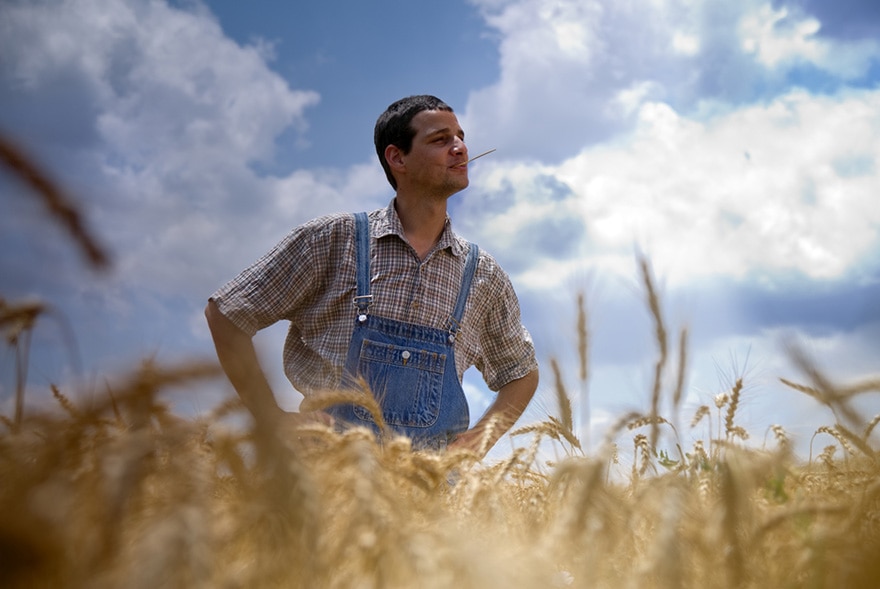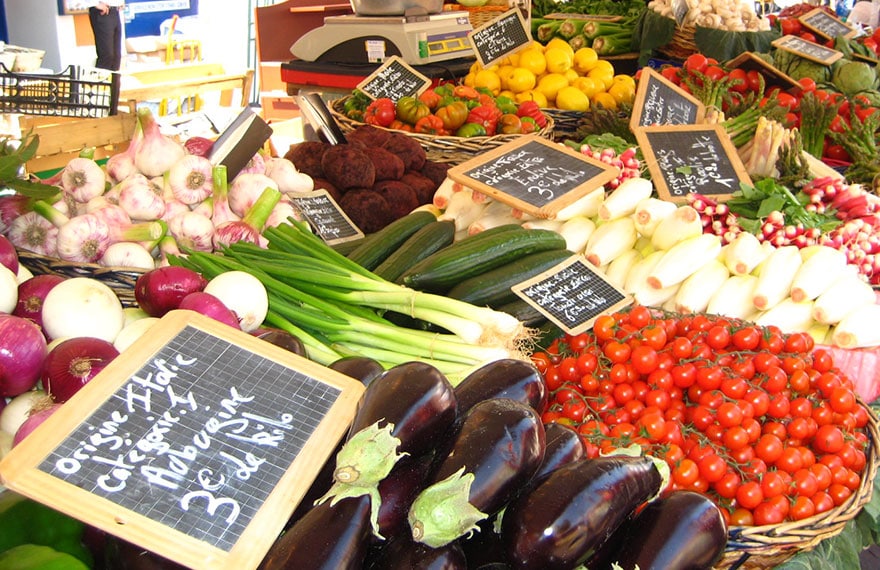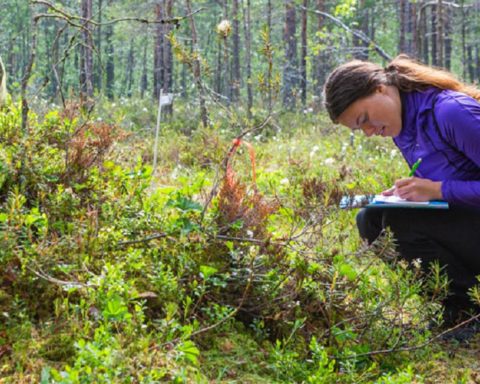Agricultural education, which has more than 450,000 pupils, students, trainees and apprentices, will have to adapt to the changes to come between now and 2030, taking into account the development of "green" professions; and this, despite serious unknowns on the evolution of agriculture. This is what a government study indicates.
« LSupporting the greening of the economy will have an impact on professions and the job market (...) The development of green or green professions will have consequences on the integration of environmental issues into initial training courses," indicates the prospective study carried out by the Ministry of Agriculture, which presents "four very contrasting scenarios" for the development of agriculture and rurality between now and 2030.
Two of them set an "optimistic" employment picture for the future of rural areas. The first one focuses on accompanying the "transitions" around a "new economy" generated by sustainable food. It is betting on the development of local or organic agriculture, agro-ecology, recycling, bio-industry and renewable energies "around a dense fabric of small and medium-sized industries, structured by industrial ecology and the circular economy".
In this scenario, jobs in the agriculture and forestry sector "are all the more resilient as labour-intensive modes of production gain ground," the study points out.
The second scenario, which is also favourable to employment, bets on cities that have absorbed "the peri-urban fabric and integrated agricultural areas" with the emergence of "competitiveness clusters" centred around "agile" medium-sized businesses. In this case, collaboration, sharing and pooling of skills are put forward, with "increasingly qualified" farmers who will become true "experts", combining technical, agronomic, ecological, electronic and economic skills around growing farms.
In this scenario, "conflicts of use between social groups (urban/rural, farmers/tourists, foresters/environmental protectors, etc.) are frequent, mobilising skills in mediation and law". Environmental issues are "omnipresent", leading to a "greening of activities and professions".
The other two scenarios are more pessimistic for agricultural and rural employment. The first of them assumes a regionalized and "uberized" labour market where agri-food processing industries and digital platforms weigh heavily on agricultural producers. In this scenario, two types of farms coexist: large, multi-specialized farms with external labour inputs, and "human-sized" farms with short circuits.
"Skills related to automation, robotics, artificial intelligence and data analysis are valued," but "agriculture and agri-food continues to lose people," the study says.
The last scenario focuses on "reinvestment in the rural areas" by urban dwellers, helped by "the tertiarisation of the economy and teleworking", but involves "robotisation, regional specialisation and growing territorial inequalities". "Faced with the high cost of land, external capital is taking over from family capital, and farms with corporate status are "imposing themselves" (SA SARL). And "the decline in agricultural and industrial jobs is increasing under the pressure of globalization," notes the study. "Everywhere, digital, robotics and artificial intelligence skills are under pressure".
The first two scenarios "constitute a positive framework for thinking about the transformations to be carried out in agricultural education in the coming years".
The last two "describe futures" that the working group of some 30 experts who worked with the ministry "deemed undesirable," said Muriel Mahé of the ministry's Centre d'études et de prospective.
Source AFP












